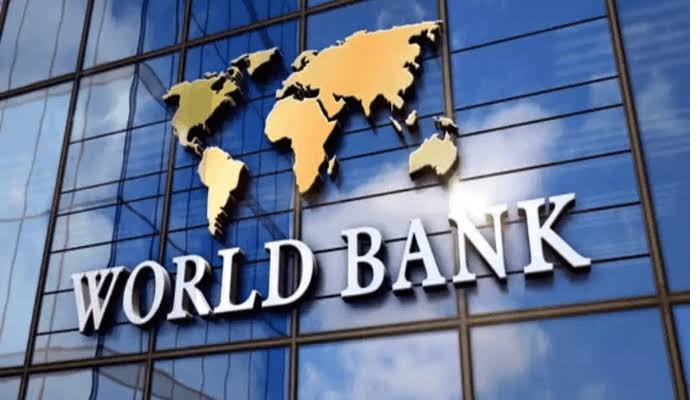
Nigeria has requested a fresh $10.5 million loan from the World Bank to strengthen the Central Bank of Nigeria’s (CBN) technical capabilities and modernise the country’s domestic payment infrastructure.
According to exclusive information obtained by The PUNCH from the World Bank’s website on Thursday, the proposed CBN Technical Assistance Facility aims to integrate innovative technologies and data science into the bank’s supervisory processes. The initiative is designed to help the apex bank address both long-standing and emerging challenges within Nigeria’s fast-evolving financial sector and enhance remittance infrastructure.
Currently under concept review, the project focuses on three main components:
1. Institutional Strengthening: Enhancing the CBN’s capacity to adapt to technological advancements through expert advisory services, peer exchanges with other central banks, and upgrading internal systems to align with the digital era.
2. Supervisory Enhancement: Improving the bank’s supervisory efficiency through technology-driven tools, such as Supervisory Technology (SupTech) systems, to boost data accuracy, operational performance, and risk-based monitoring.
3. Payment System Modernisation: Upgrading remittance systems to improve security and reliability, while encouraging the formalisation of informal remittance flows. The project will also support annual household remittance surveys and knowledge exchange initiatives.
The World Bank stated the project's goal is “to strengthen technology-enabled, data-driven, risk-based supervision at the CBN and improve domestic payment infrastructure for remittances in Nigeria.”
The initiative supports the Nigerian government’s push for a cashless economy and increased use of digital financial services.
With a total commitment of $10.5 million, the project is set for board approval on June 12, 2025, and will be implemented by the Central Bank of Nigeria.
Waffi TV previously reported that the World Bank had approved three financing operations worth $1.08 billion to bolster Nigeria’s education, nutrition, and economic resilience.








